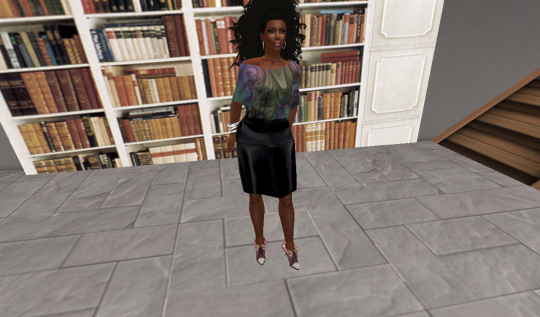Anne-Marie Chang, associate professor of biobehavioral health at Penn State University, and her colleagues found that when comparing digital readers with the printed word people who use the electronic devices such as an iPad had more disrupted sleep patterns and were more tired the next morning than those who read from traditional books.
Chang, who conducted the study while at Brigham and Women’s Hospital, designed the trial to be as objective as possible. Chang found a marked difference between each participant’s sleep patterns and alertness depending on whether they read from a digital reader or from a book. When they read from an iPad, their evening levels of melatonin failed to drop as much as they should, while they remained at expected levels when they read from a book. That led to a delay in body’s biological signal to go so sleep of about an hour and a half, making the participants more alert and therefore not ready for bed.
And when the scientists looked at their sleep patterns, they found that the differences went even deeper. When the volunteers read from electronic devices, they had shorter REM sleep, the stage in which memories are consolidated and the brain refreshes itself, than when they read from printed books. This occurred even though the volunteers slept for the same amount of time, eight hours, every night.
Moreover, the effect of those differences in sleep patterns spilled over into the next morning. When they read from digital readers, the participants reported feeling sleepier and were less alert (as measured on standardized testing of alertness) than when they used books. Chang was surprised to see the effects the next day. There was no difference in total sleep duration between the two conditions, but there was a significant amount of REM sleep difference.
Previous studies have indicated that the reason for the disrupted sleep linked to the electronic devices may be due to the type of light they use. It’s in the blue wavelength, and some researchers have connected this light to a disruptions in the melatonin system, similar to those Chang found in the study. The findings hint at why sleep — getting enough, and getting good quality sleep — is becoming more a of challenge and potentially a growing health problem.
Researchers suggest putting tablet down hours before bedtime or read a printed book.


You must be logged in to post a comment.